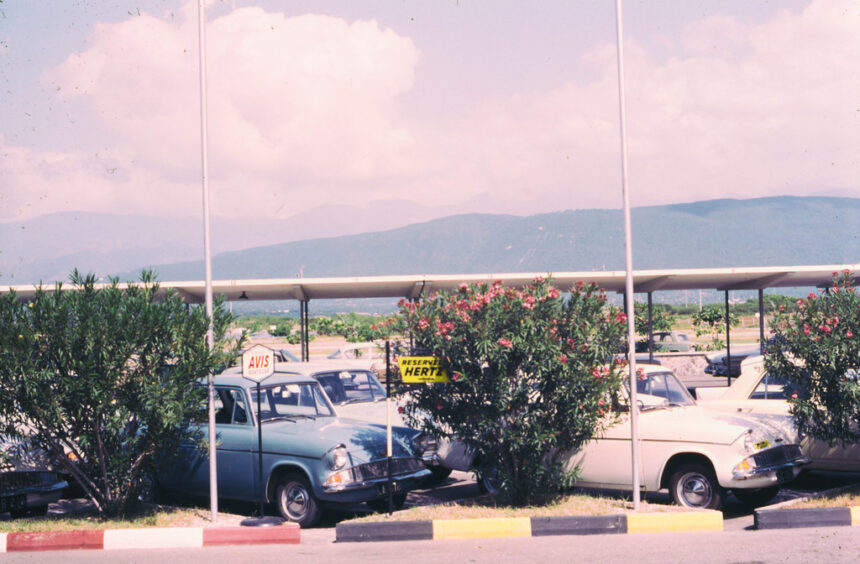Hertz and Avis Budget Group shares surged after US President Donald Trump’s announcement of a plan for a 25% tax on imported cars.
It is expected that the proposed taxes will increase vehicle prices and may lead more people to rent vehicles instead of buying new cars.
Hertz’s shares rose 23.8% while Avis Budget gained 23%. This is a major recovery for both companies after they lost almost half of their value in the last year.
The surge in demand is attributed by analysts to the growing expectation that increasing vehicle costs will make renting a car a more appealing option for consumers.
These rental companies benefit because, when car prices go up, some people may be like, “You know what?” “I don’t really travel much. “I’ll rent a vehicle,” Dennis Dick, Chief Strategist at Stock Trader Network said.
Short squeezes also fueled the sudden rally, with investors scrambling to cover positions against Hertz or Avis.
According to LSEG, Avis and Hertz both had 13% and 14.5% shares in short position, respectively. This makes them especially vulnerable to a sudden price increase.
Automobile parts industry gains from consumers’ desire to keep their vehicles
Analysts predict that the impact of tariffs will extend beyond renting cars. They expect more people to keep their current vehicles longer.
The aftermarket could benefit from this shift in demand.
The shares of major auto parts retailers reflect this. O’Reilly Automotive, AutoZone, and Advance Auto Parts all saw gains in the range of 2.5% to 5.4%.
J.P. Morgan analysts noted that the frequency of repair and scale of repair could both increase if consumers delayed new vehicle purchases.
Tariffs put financial pressure on automakers
The news was good for rental companies, but it caused major concern among automakers who were concerned about the impact of proposed tariffs on their finances.
Investors weighed the wider implications and saw that Ford, General Motors and Stellantis shares fell anywhere between 1.2% to 5.8%.
Bernstein analysts estimate that the 25 percent tariffs will add $110 billion to automotive costs, which translates to an increase in price of approximately $6,700 for each vehicle.
Ford and GM could suffer a financial blow of up to 30 percent.
Stellantis may have a smaller impact, as a large portion of their production is based in Mexico and the US.
Tesla is well positioned to benefit from the changing market dynamics
Tesla is the automaker that appears least to have been affected by tariffs.
Analysts have highlighted Tesla’s advantage in a more localized manufacturing footprint over its competitors who rely on imported vehicles and parts.
It is anticipated that the financial impact will be gradual, as existing inventory cushioned the effect of tariffs in the second half.
Analysts warn, however, that automakers may face increasing cost pressures by the third-quarter as their short-term strategies to mitigate costs fade.
Manufacturers may lose an extra 20% of their profits by 2026 if they don’t make a major shift in the supply chain.
The automotive industry faces an uncertain period as discussions about the proposed tariffs proceed. This uncertainty could have ripple effects on consumers, manufacturers and the wider economy.
As new information becomes available, this post Hertz and Avis soar as Trump’s car tariffs spur rental boom could be updated.





